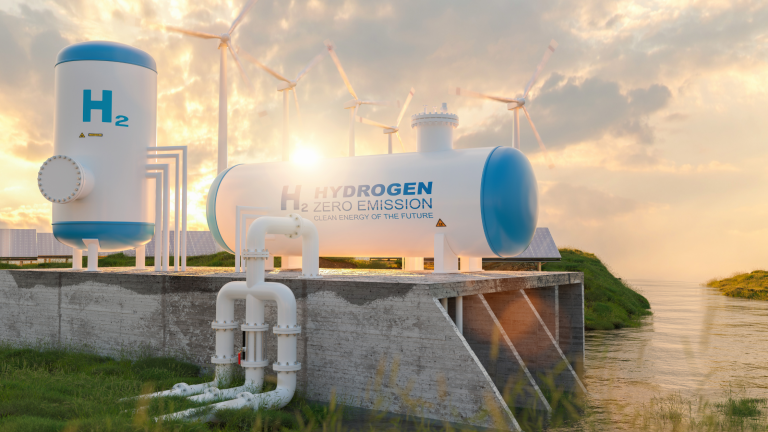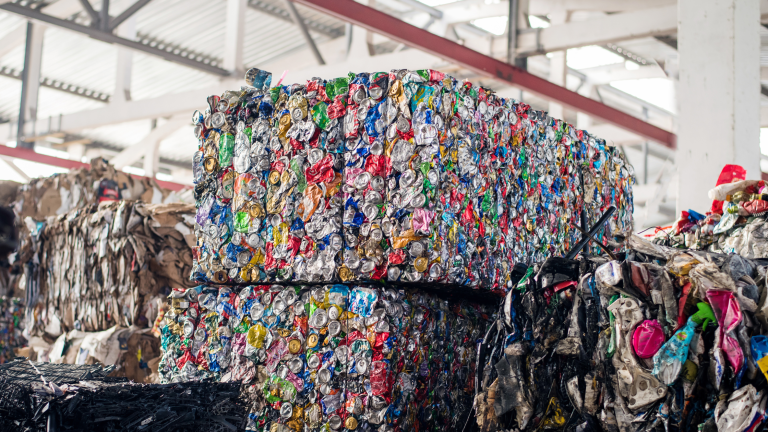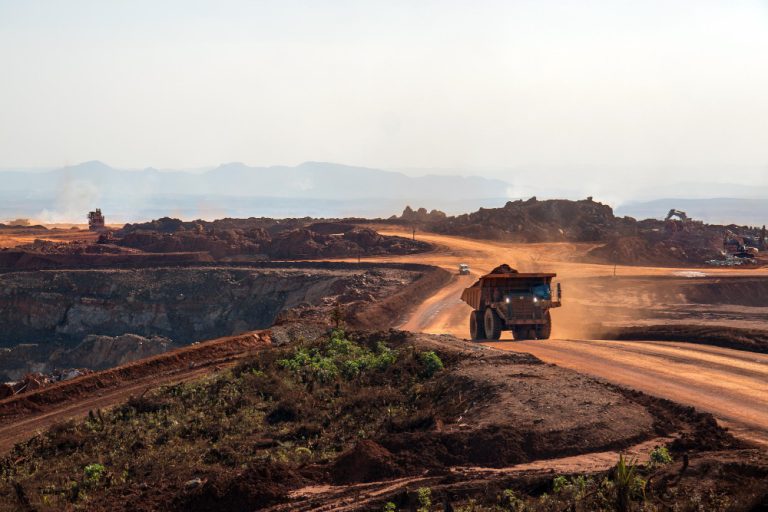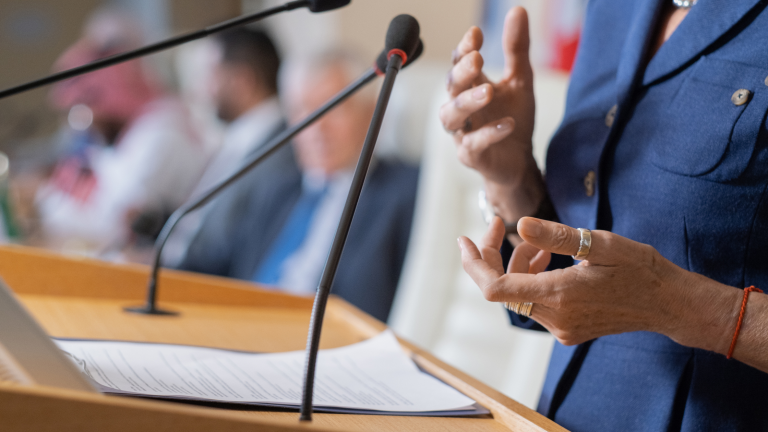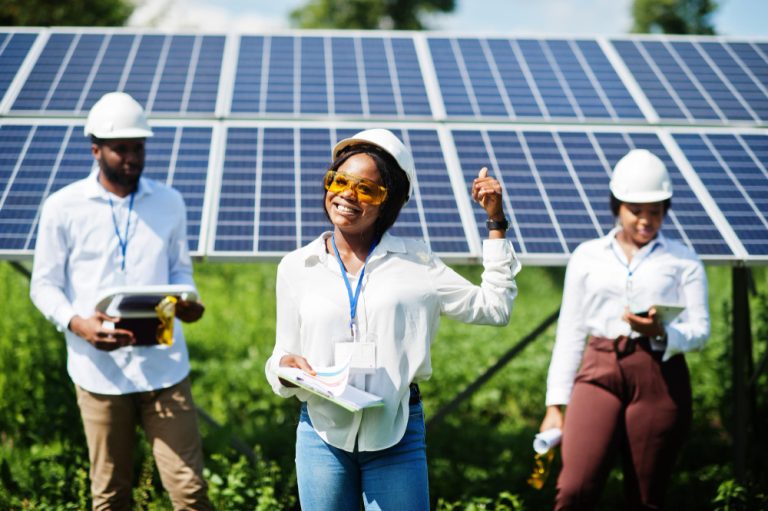Africa is at a pivotal moment in its development, with sustainability and financial innovation shaping the future of its economies. The United Nations estimates that the continent’s population will double by 2070, having recently surpassed 1.5 billion people. Yet, despite its economic potential, Africa faces significant infrastructure and resource gaps—about 600 million people lack reliable electricity, 411 million do not have access to basic water services, and 839 million lack basic sanitation, according to the 2022 WHO/UNICEF Joint Programme Monitoring Report on Water, Sanitation, and Hygiene. Bridging these gaps requires sustainable financing, and African banks are leading the way with innovative funding solutions.
Across the continent, financial institutions have prioritized environmental, social, and governance (ESG) concerns. Progress in sustainability disclosure and regulatory frameworks is evident, with the Absa Africa Financial Markets Index 2024 reporting that 23 out of 29 evaluated countries improved their sustainability scores. Market infrastructure, climate-focused regulations, and a growing investor base have further diversified sustainability-linked financial products, creating new opportunities for impact-driven investments.
This year’s Sustainable Finance Awards highlight the banks driving Africa’s transition towards sustainability. The winning institutions have pioneered groundbreaking deals, expanding access to essential services while championing responsible finance.
Standard Bank Group : Best Bank for Sustainable Finance, Best Bank for ESG-Related Loans, Best Bank for Transition/Sustainability-Linked Loans
Standard Bank Group has emerged as a leader in financing Africa’s sustainability transition. The bank has structured landmark deals that support renewable energy, green buildings, affordable housing, infrastructure, education, and financial inclusion.
In 2024, Standard Bank facilitated sustainability-linked loans and bonds worth R219.9 billion ($11.9 billion). These facilities are tied to key performance indicators (KPIs) such as emission reductions, renewable energy adoption, and diversity and inclusion. Notably, the bank partnered with Old Mutual on a R5.25 billion sustainability-linked syndicated term debt package, supporting projects across South Africa, Namibia, and Kenya.
Its role in Africa’s energy transition is substantial. The bank financed Seriti Green’s Mpumalanga wind project, which will supply 75% of coal mining operations’ energy needs while accelerating decarbonization. Additionally, Standard Bank structured the debt financing for Scatec’s Mogobe battery energy storage system—one of the largest standalone dispatchable storage facilities in Africa.
Absa : Sustainable Finance Deal of the Year, Best Impact Investing Solution
Absa has positioned itself as a key driver of financial inclusion and climate action, facilitating over R112 billion in sustainability-linked financing across multiple sectors.
A standout transaction is the Tanga Water Infrastructure Green Revenue Bond, which earned Absa the Sustainable Finance Deal of the Year award. This pioneering bond supports Tanzania’s water infrastructure expansion in Tanga City, ensuring increased clean water access. It is also the first green bond issued by a state-owned water utility in Tanzania, cross-listed on the Dar Es Salaam Stock Exchange and the Luxembourg Green Exchange.
Additionally, Absa partnered with Norsad Capital to raise R400 million in sustainability-linked funding for Botswana. This financing will empower businesses advancing financial inclusion and job creation, particularly for women and youth in sub-Saharan Africa.
Read also: Investing in a better world: The power of sustainable finance
Rand Merchant Bank (RMB): Best Bank for Sustainable Infrastructure/Project Finance, Best Bank for Green Bonds, Best Bank for Social Bonds
Rand Merchant Bank (RMB) has established itself as a leader in sustainable infrastructure financing, leveraging innovative funding mechanisms to drive impactful projects.
One of its key achievements includes the Envusa energy-trading platform, which is accelerating the decarbonization of Anglo American Group’s South African operations. This project will scale renewable energy capacity from 28 GW in 2015 to 60 GW by 2030, supporting the mining sector’s transition.
RMB also played a crucial role in issuing FirstRand’s second green bond in October 2023. This R3.4 billion bond includes a penalty mechanism for funds not allocated to green projects within 24 months, reinforcing accountability.
Additionally, RMB structured Namibia’s first social bond for Letshego Holdings Namibia. This oversubscribed issuance will fund financial inclusion initiatives for low- and middle-income individuals, microenterprises, and SMEs.
CIB: Best Bank for Sustainable Financing in Emerging Markets, Best Bank for Sustainability Transparency
CIB’s sustainability strategy is deeply embedded in its policies, ensuring that ESG principles are integrated across all operations. The bank’s Sustainable Finance Policy—updated in 2024—aligns with emerging climate finance trends and supports responsible investment.
CIB is a founding signatory of the UN Principles for Responsible Banking, the Net Zero Banking Alliance, and the UN Commitment to Financial Health and Inclusion. Its commitment to transparency is reflected in reports aligned with the Taskforce on Climate-Related Financial Disclosures (TCFD) and the Equator Principles.
The bank also joined the Green Economy Financing Facility (GEFF) in partnership with the European Bank for Reconstruction and Development. Through GEFF, CIB will finance renewable energy, sustainable land management, water efficiency, and resource optimization projects, with seven initiatives currently in the pipeline.

BRED Madagasikara : Best Bank for Sustainable Bonds, Best Bank for Sustaining Communities
BRED Madagasikara (formerly Societe Generale Madagasikara) is at the forefront of sustainable finance in the Indian Ocean region, leveraging its financial expertise to promote environmental and social progress.
The bank issued Madagascar’s first sustainable bond, financing renewable energy projects, job creation, and microfinance solutions. It also became the first issuer of a local currency bond, mitigating currency fluctuation risks.
Beyond finance, BRED Madagasikara has deepened its social impact through initiatives like Soàva, a health insurance product in partnership with ARO Insurance. This program provides cashback on healthcare fees, improving medical access for over 6,000 subscribers.
Environmental sustainability remains a priority, with the bank leading reforestation efforts, funding education programs, and supporting NGO Inviso in combating malnutrition. Notably, it established a school vegetable garden, educating students on agriculture while providing food security for vulnerable families.
The 2025 Sustainable Finance Awards celebrate African financial institutions that are redefining banking through responsible finance. Their efforts are bridging critical gaps in energy, water, sanitation, housing, and economic inclusion, proving that finance can be a catalyst for sustainable growth across the continent.


